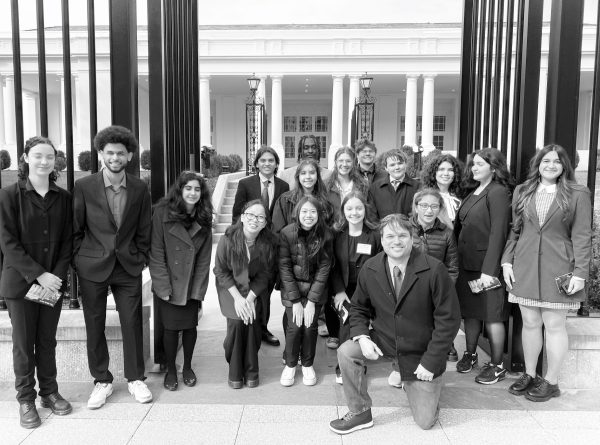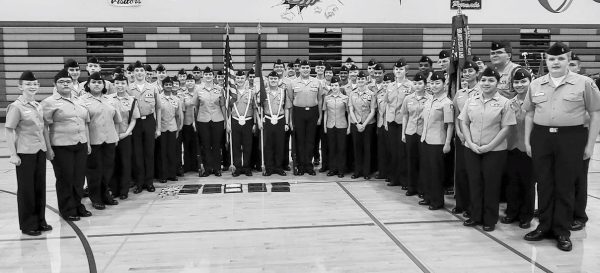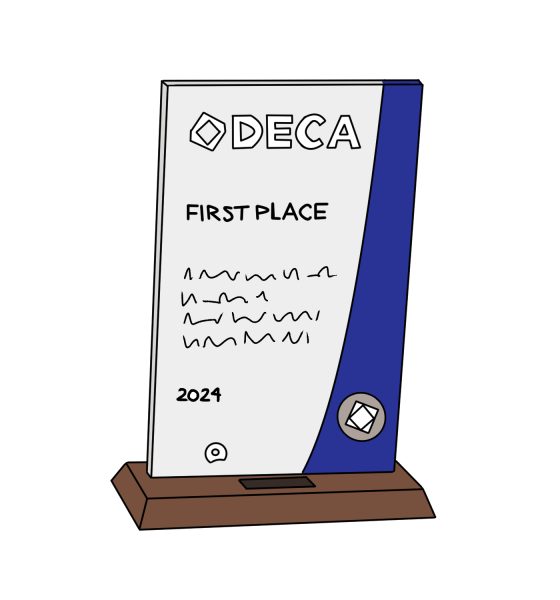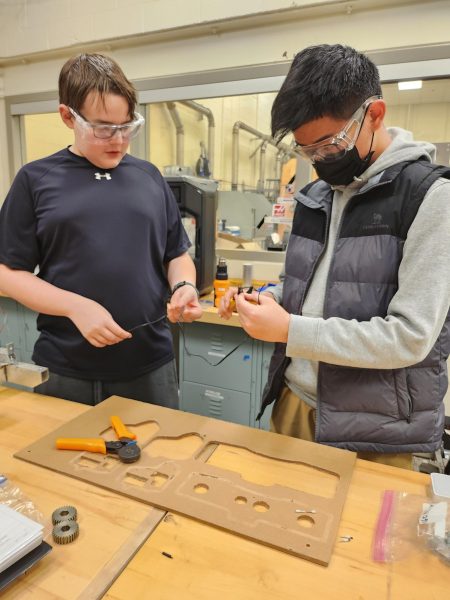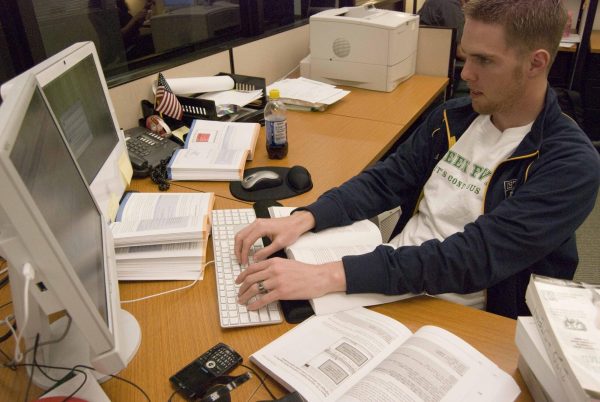Honors physics explores the universe at UW
May 11, 2017
What is dark energy? What makes up the mass of the universe? On March 3, Liberty’s Honors Physics students went to the University of Washington to learn about these topics. They attended a lecture on neutrino oscillations, which are the transitions between types of small particles, and a planetarium lecture all about astronomy.
“The one about astronomy was really cool because we went into their planetarium and learned about different causes and different formations of the galaxies,” junior Mai Lin Tran said. “We learned about the different movements of stars and black holes, and how those affect energy that’s put out by the stars.”
Physics teacher Mark Buchli also enjoyed the planetarium visit, which focused on violent, high energy events in the universe.
“The planetarium talk put things in perspective in terms of just how much energy is dancing in the universe compared to how much energy we are used to working with here on earth,” Buchli said. “It was also neat to see the night sky projected on the dome because a lot of the time we just look at clouds.”
The neutrino lecture was taught by professor R. Jeffrey Wilkes, who collaborated with the researcher who won the 2015 Nobel Prize for physics.
“The most interesting part of the trip was Professor Wilks talking about his experiences,” sophomore Johnny Cao said. “He was talking about his work at this thing called Super K. It’s used to do neutrino experiments. I thought that was pretty cool.”
The field trip is a yearly occurrence for Buchli, and he plans to continue the field trips for many more years.
“I have been taking Liberty students to the University of Washington for the astro2 physics trip–I call it that because it’s astrophysics and astronomy–for about 15 years,” Buchli said. “My friendship with Professor Wilks goes back that far.”
Many students appreciated the trip and the opportunity to learn physics from a new perspective.
“It really opened my eyes to how many different fields physics really touches,” Tran said. “It was a lot to take in, but it was fun.”





